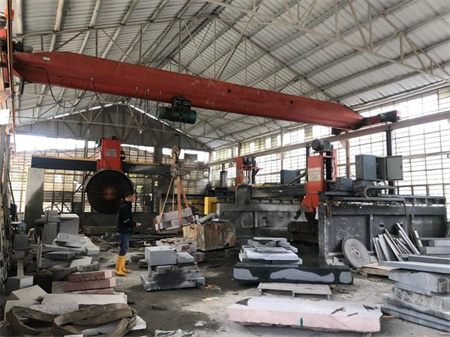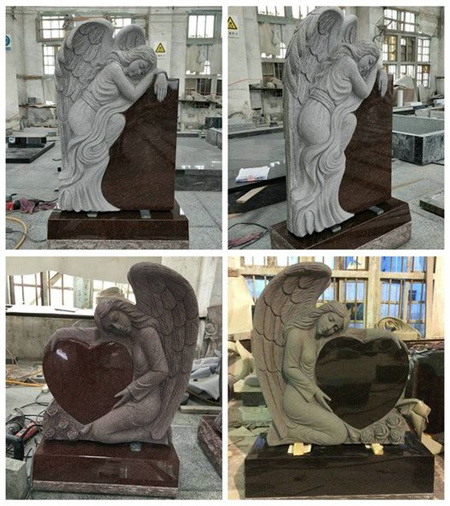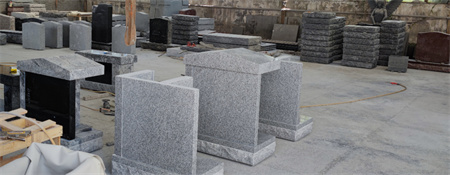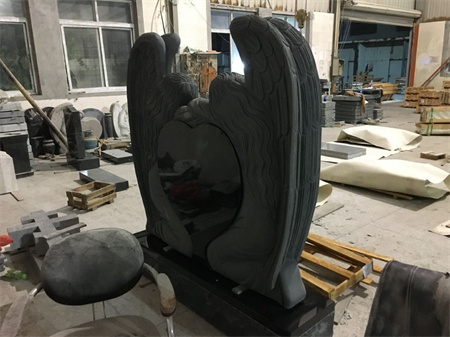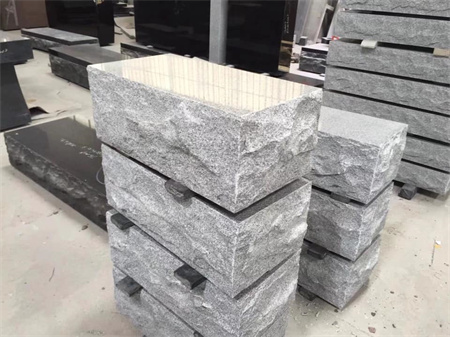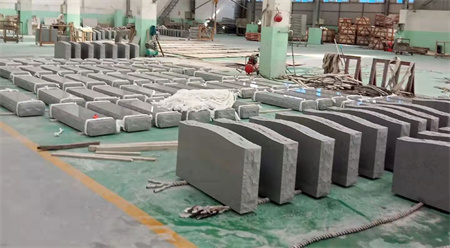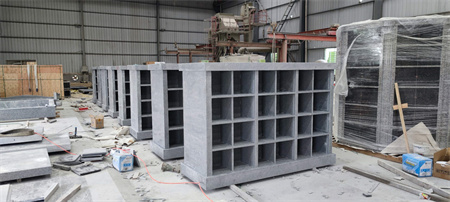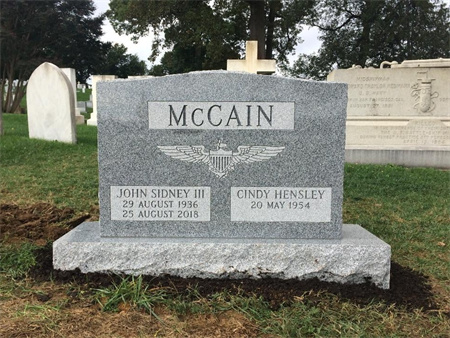The importation of granite monuments is a booming industry, with various entities vying for a piece of the action. Among the key players are brokers and direct factory suppliers. Each brings a unique set of advantages and challenges to the table, making it crucial for buyers to understand the differences when deciding on their granite monument supplier.
Brokers are often the middlemen in the supply chain, working to connect buyers with the right manufacturers. Their role is multifaceted—they scout the best deals, provide advice, and handle the logistics of getting the granite from the factory to the destination. One of the primary advantages of dealing with a broker is their established relationships with numerous factories and suppliers. This can be a great asset for buyers who might not have the time or resources to source granite from various regions. Brokers often have access to competitive pricing due to bulk purchasing and long-term partnerships with manufacturers, offering buyers a broader selection without the need to engage with each supplier directly.
However, while brokers might offer convenience and variety, they come at a cost. Since brokers take a commission for their services, the final price for the granite monument could be higher than purchasing directly from a factory. This added cost can be significant for those on a tight budget or looking to maximize value.

On the other hand, buying directly from the factory can result in more competitive pricing, as the buyer eliminates the middleman. Direct factory purchases also allow for more direct communication, ensuring that any custom specifications are handled with greater precision. Factory-direct buyers can often negotiate better terms, especially if they are willing to commit to large orders or long-term agreements. Direct dealings also tend to be more transparent, providing the buyer with a clearer understanding of the manufacturing process and quality controls in place.
That said, buying directly from a factory is not without its challenges. For one, finding the right factory can be a time-consuming process. Unlike brokers, who already have connections in place, a direct buyer must dedicate significant time and resources to researching and vetting potential suppliers. Additionally, buyers might face higher shipping costs or logistical hurdles when arranging transportation from factory locations, which could negate the cost savings from cutting out the middleman.
Both brokers and direct factories have their unique strengths and limitations. For those who prioritize convenience and variety, brokers might be the preferred choice. However, buyers looking for more control over the purchasing process and a direct relationship with the supplier may find buying directly from the factory to be the most cost-effective option. Ultimately, the decision hinges on a buyer’s priorities—whether it’s price, convenience, or the level of control over the purchasing process.












